The past few weeks have been disheartening for a lot of people, and particularly Muslim Americans. The Muslim Ban and the ratcheting policies targeting Islam and Muslims have constructed a narrative of “us versus them”. Muslims are rapidly becoming “the other.”
However, all the protests since the Inauguration have given us hope. It is heartening to see thousands of people show up at international airports for rallies to argue that refugees and immigrants are part of America’s fabric. Seeing strangers holding hands and shouting to stand up for one another is amazing.
I am Your Protector is an international advocacy group that aims to encourage more people to step up to protect each other, regardless of our differences. The organization seeks to build bridges by showing that when the going gets tough, the toughest don’t look away or cower in fear. In honor of Holocaust Remembrance Day, I am Your Protector exhibited stories of such individuals at Temple Emanu’El in New York — all Muslims who risked their lives to protect Jews during the Holocaust. This exhibit honored these protectors and also showcased the importance of rising as protectors in an environment of rising fear, suspicion, and hatred.
The keynote speaker at the event was a Muslim woman who has made a career out of building bridges between Muslims and Jews. Dr. Mehnaz Afridi, is the Director of the Holocaust, Genocide, and Interfaith Education Center at Manhattan College. Dr. Afridi told the stories of individuals such as King Zog of Albania, who opened Albania’s borders to thousands of Jews escaping the Nazis and even went as far as to instruct all of his foreign ambassadors to provide visas for any Jews in need of asylum.
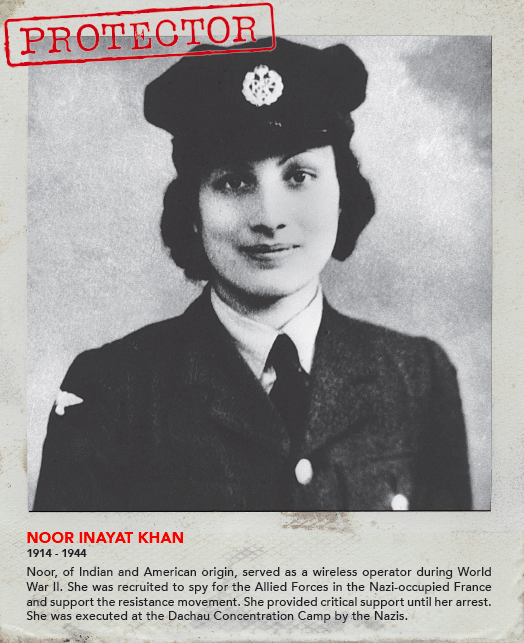
She described the story of Noor Inayat Khan, an Indian American spy for the Allied Forces who provided critical support as a wireless operator until she was arrested and executed at the age of 30.
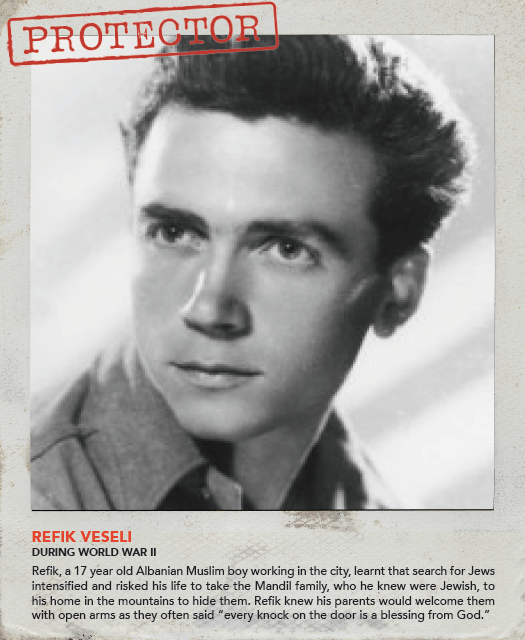
Refik Veseli, a 17-year-old Albanian boy, risked his life to take a Jewish family to his home, where Veseli’s family welcomed and hid them.
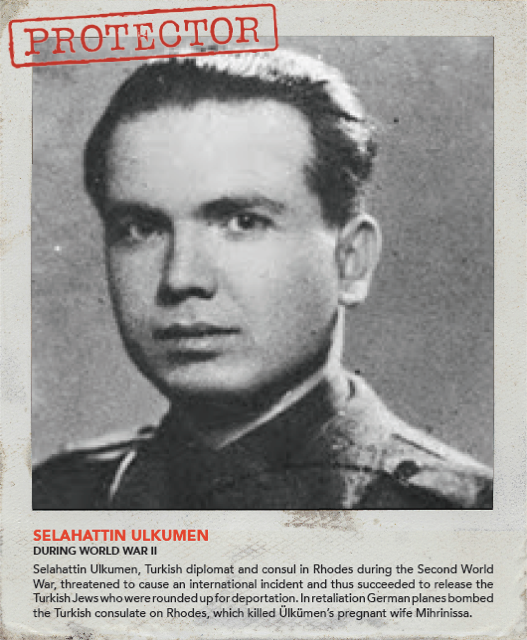
Selahattin Ulkumen, a Turkish diplomat who threatened to cause an international incident if the Nazis did not release Turkish Jews who were to be deported, succeeded in saving all of them. In retaliation, German airplanes bombed the Turkish consulate, killing Ulkumen’s wife and unborn child.
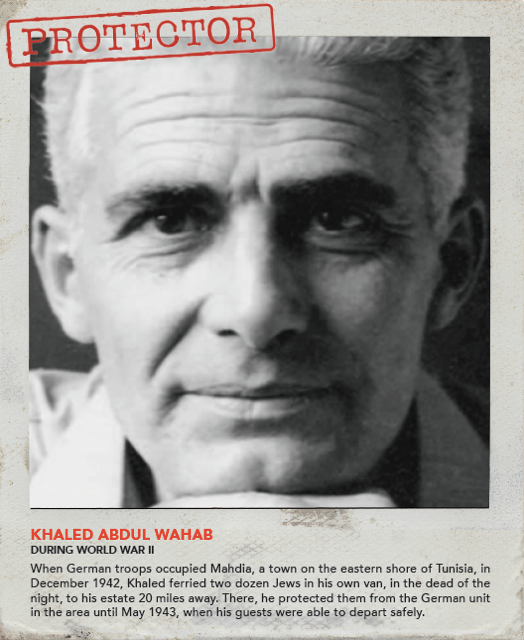
Khaled Abdul Wahab was a Tunisian who smuggled two dozen Jews in his van to his estate and protected them from the German army unit nearby until they were able to safely escape. His daughter Faiza Abdul Wahab explained that even after the families escaped some remained in touch, and she is still invited to gathers at the house of one of the families. “I feel a part of the family now” she explained, noting that her father felt it was his duty to help however he could.
The remarkable thing about these stories is that these protectors had no relation or connections with the people they protected. Dr. Afridi explained, “It’s a combination of things that occur; we see this in the Holocaust when Catholics, atheists, communists helped the Jews. The Muslim rescue is also a combination of things, but what is very important is that Islam has always accepted Jews and Christians as part of their faith…Islam has a message of social justice and defending people no matter who they are…”
As for what makes others turn away, Dr. Afridi said, “Fear of the unknown are the main factors. Most of us have walked away from genocide all over the world, we disconnect to the stories of ‘others’ – humans connect to what they are familiar with or comfortable with. We hardly ever speak up for others. This is why these stories of rescue are indelible.”
It is important to reflect on these stories of Muslims standing up for Jews at a terrible time in history, and highlights the fact that it is always the right thing to stand up for the persecuted. It is part of both the Islamic and Jewish faiths, and that has become even more visible in the past few weeks at interfaith events and moments of solidarity between Muslims and Jews.
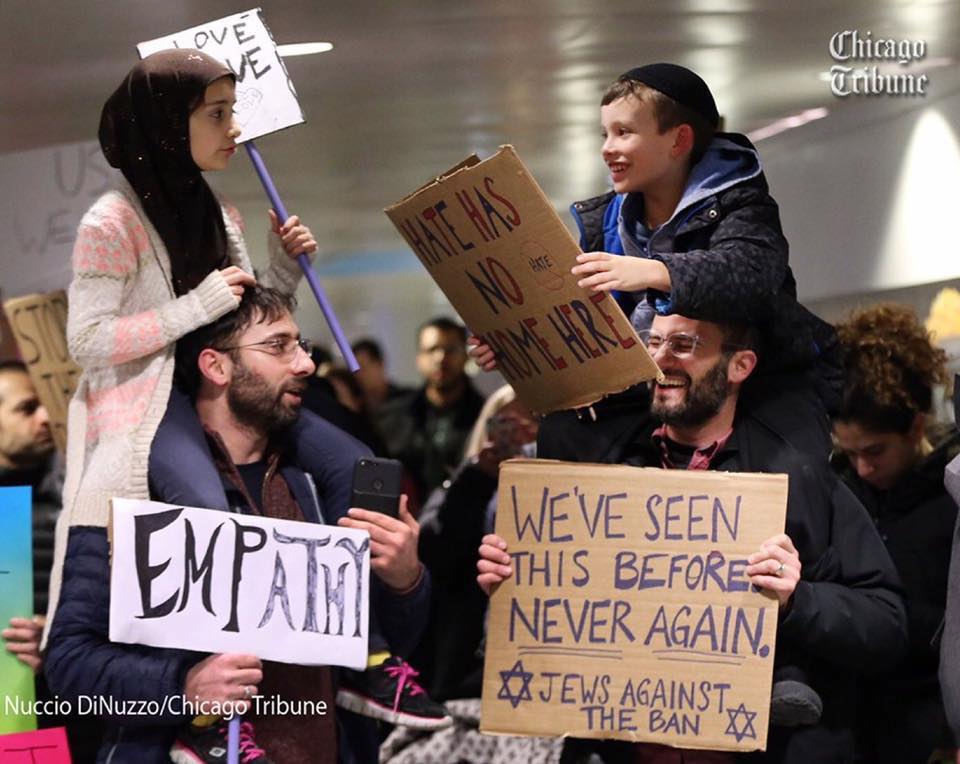
These stories also teach us that the lines that divide us are fundamentally just social constructs that we must look past in such situations. Only then will we recognize that we actually are not that different from whomever ‘the other’ is at any given time in history.
Mahira Musani is a first year law student in Chicago.



